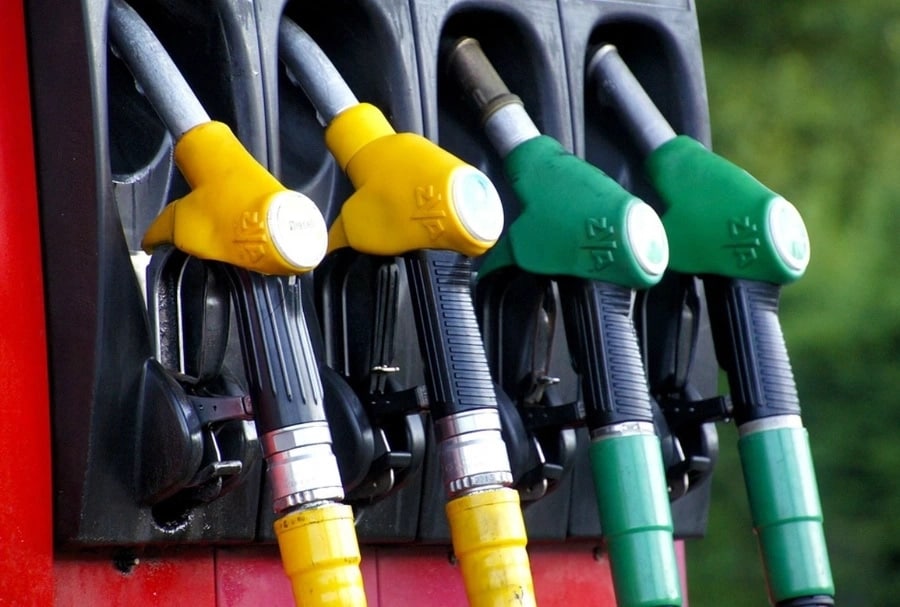Fuel prices in Ghana have remained largely unchanged during the June 2025 first pricing window, despite increasing concerns over global oil supply disruptions due to escalating tensions in the Middle East.
Petroleum industry watchers had projected a possible hike in local pump prices, citing the recent flare-up of hostilities between Israel and Iran, as well as growing instability in key oil-producing regions like Iraq and Syria. These developments have triggered volatility in global crude oil prices, with Brent crude briefly touching $91 per barrel early last week.
However, local oil marketing companies (OMCs), under the pricing supervision of the National Petroleum Authority (NPA), have opted to maintain current price levels, citing favourable exchange rate dynamics and stability in international refined product prices.
Current Pump Prices (as of June 16, 2025):
Petrol: GH¢14.99 per litre
Diesel: GH¢14.60 per litre
LPG: GH¢12.85 per kg (average)
These prices reflect what consumers are paying at major pumps in Accra, Kumasi, and Takoradi.
According to industry analysts, several key factors are cushioning Ghana from the global market shocks:
- Stabilising Cedi Performance
The Ghanaian cedi has shown resilience against the US dollar in recent weeks, trading around GH¢11.75/$, which has helped offset global price increases. Petroleum imports are dollar-denominated, so a stronger cedi directly benefits pricing. - Strategic Stockpiles and Contracts
Bulk Oil Distribution Companies (BDCs) had already secured forward contracts for petroleum products before the Middle East situation escalated. This means current stocks were purchased at relatively stable prices. - Stable Refinery Margins
International refiners have not significantly increased prices on refined petroleum products like gasoline and diesel, which Ghana imports. - NPA Price Control Framework
The NPA’s bi-weekly price window allows for a calculated average of global oil prices and forex rates, helping smooth out sharp spikes in pricing.
Many consumers have expressed relief at the decision to hold prices steady, especially amid increased living costs and recent hikes in electricity and water tariffs. Commercial transport operators, who had earlier warned of potential fare increases, have also held back due to the stable fuel situation.
Nonetheless, energy policy experts are warning Ghanaians to brace for possible price adjustments in the coming pricing window if Middle East tensions persist or worsen.
The Chamber of Petroleum Consumers (COPEC), in a statement on Sunday, welcomed the current pricing but urged the government to develop long-term buffers, including expanding the Strategic Petroleum Reserve, to shield the country from future oil shocks.
“Ghana remains vulnerable to global supply risks. What we’ve seen this week is a temporary reprieve. If this conflict continues, we may not be so lucky in July,” said Duncan Amoah, COPEC Executive Secretary.
While Ghana has managed to avoid a fuel price hike for now, largely due to strategic market factors and forex stability, the uncertainty surrounding Middle East geopolitics means authorities and consumers must stay alert. The NPA is expected to review prices again in early July 2025, by which time the situation in the global oil market may have shifted significantly.

